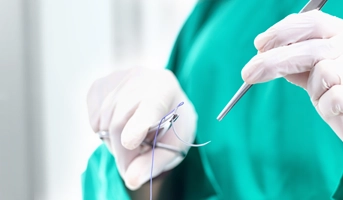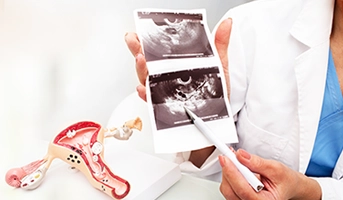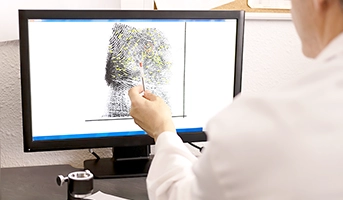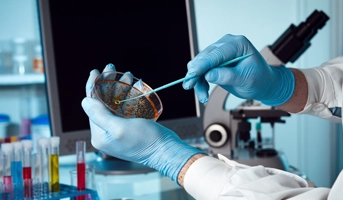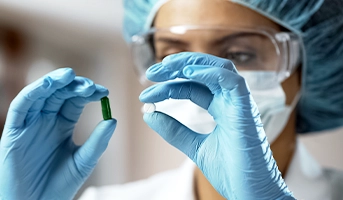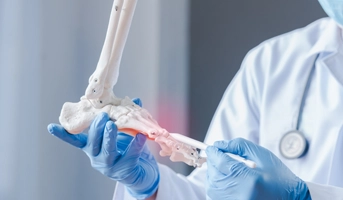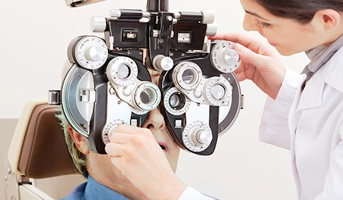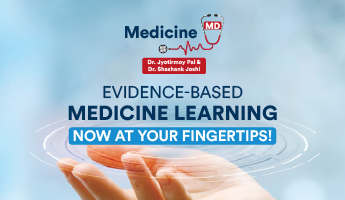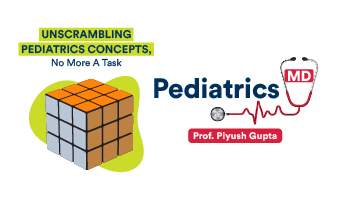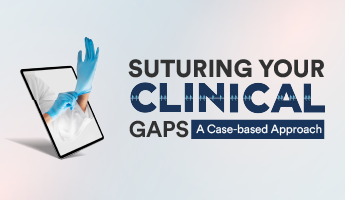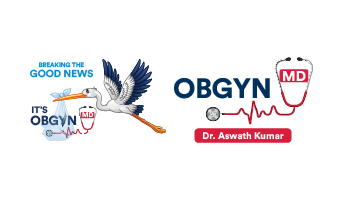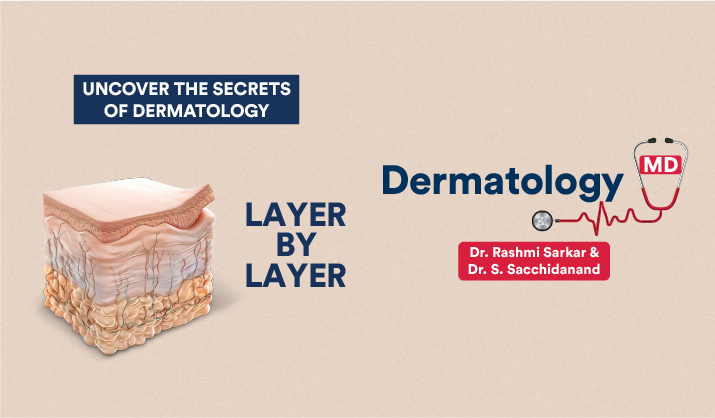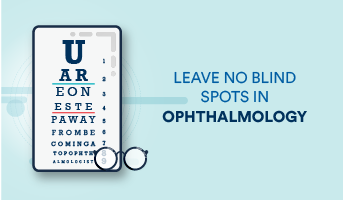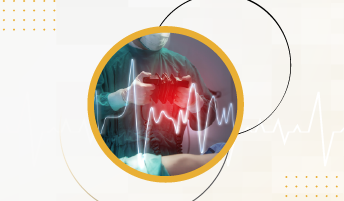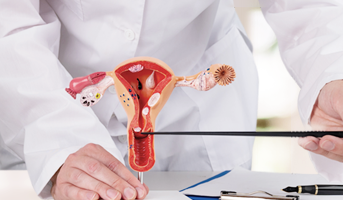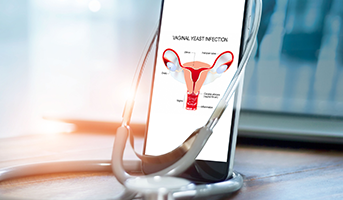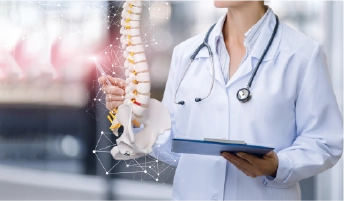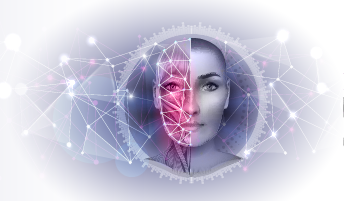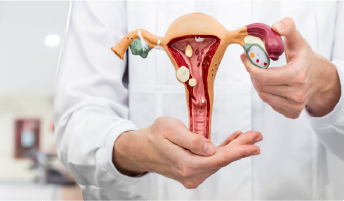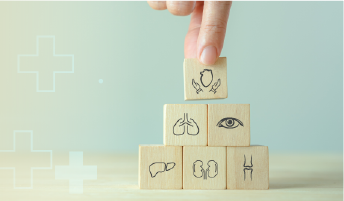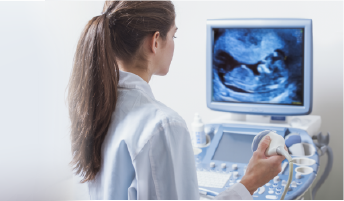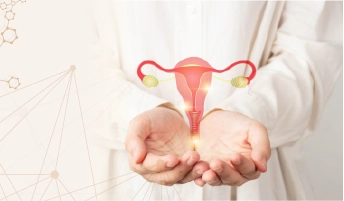Course features


Video Lecture: 36 Hrs


Self-Assessment Questions: 1400+


Notes: 60 Topics
About this course
The application of medical methods in criminology and forensics is rapidly expanding. In Forensic Medicine and Toxicology, students are educated about determining the cause and timing of deaths, different forms of death, medical examination techniques, post-mortem procedures, case medicolegal elements, and other information about the deceased. The main justification for this is to assist law enforcement with any case-related assistance.
DigiNerve’s Forensic Medicine and Toxicology course has been conceptualized and developed as per the new CBME curriculum. The recent changes in the CBME (Competency-Based Medical Education) curriculum have placed focus on integrating all subjects along with strengthening the clinical skills of the students. Application-based learning has been given paramount importance in CBME and even questions pattern in the exams is designed to assess students’ clinical knowledge. This unique approach is well integrated into this course. The course caters to medical undergraduates and aids them in preparing for their university exams as well as NEET PG/NExT Exam.
This course has been developed and delivered by the best faculty and one of the most eminent authors- Dr Gautam Biswas, who is renowned for his books “Review of Forensic Medicine and Toxicology”, “Recent Advances in Forensic Medicine and Toxicology volume-1 and 2”, and “Manual of Forensic Medicine and Toxicology”.
All related aspects of the course are covered in lectures and are presented engagingly. The course contains crisp and concise content with flowcharts, animations, short clips, and diagrams to assist students in understanding the concepts better. Each lecture contains well-integrated MCQs in it.
The application of medical methods in criminology and forensics is rapidly expanding. In Forensic Medicine and Toxicology, students are educated about determining the cause and timing of deaths, different forms of death, medical examination techniques, post-mortem procedures, case medicolegal elements, and other information about the deceased. The main justification for this is to assist law enforcement with any case-related assistance.
DigiNerve’s Forensic Medicine and Toxicology course has been conceptualized and developed as per the new CBME curriculum. The recent changes in the CBME (Competency-Based Medical Education) curriculum have placed focus on integrating all subjects along with strengthening the clinical skills of the students. Application-based learning has been given paramount importance in CBME and even questions pattern in the exams is designed to assess students’ clinical knowledge. This unique approach is well integrated into this course. The course caters to medical undergraduates and aids them in preparing for their university exams as well as NEET PG/NExT Exam.
This course has been developed and delivered by the best faculty and one of the most eminent authors- Dr Gautam Biswas, who is renowned for his books “Review of Forensic Medicine and Toxicology”, “Recent Advances in Forensic Medicine and Toxicology volume-1 and 2”, and “Manual of Forensic Medicine and Toxicology”.
All related aspects of the course are covered in lectures and are presented engagingly. The course contains crisp and concise content with flowcharts, animations, short clips, and diagrams to assist students in understanding the concepts better. Each lecture contains well-integrated MCQs in it.
See Less...Content
Orientation to Forensic Medicine and Toxicology
Legal Procedure
Legal Procedure - II
Medical Certificate of Cause of Death (Death certificate)
Medicolegal Reports
Autopsy
Crime Scene Investigation
Mechanical Asphyxia: Asphyxial Deaths & Throttling
Mechanical Asphyxia: Suffocation, Traumatic Asphyxia, Obstruction of Nose, & Mouth
Starvation Deaths
Thermal Deaths: Cold, Heat, Lightening, Electrocution & Radiations
Thermal Deaths: Burns
Infanticide and Child Abuse
Infanticide
Abortion
Bomb Blast Injuries
Firearm Injuries: Type of Firearms, Mechanism & Wound Ballistics
Firearm Injuries: Types of Firearm Injuries, Preservation & Dispatch of Trace Evidence
Identification: Corpus Delicti, Establishment of the Identity of Living Person
Identification: Stature, Bite Marks & Age
Identification: Criminals, Unknown Person, Dead Bodies & Locard's Exchange Principle
Impotence and Sterility
Mechanical Injuries and Wounds: Classification, Abrasion, Bruise & Laceration
Mechanical Injuries and Wounds: Classification & Types of Wounds
Mechanical Injuries and Wounds: Injury, Assault & Hurt
Regional Injuries: Scalp Wounds, Fracture Skull, Coup and Contrecoup injuries
Regional Injuries: Intracranial Hemorrhages
Regional Injuries: Whiplash Injury, Railway Spine, Vehicular Injuries & Fall From Height Injuries
Sexual Offences : Types, Rape, Incest & Adultery
Sexual Offences: Examination of the Victim, Preparation of the Report, Preservation of Report & Opinion, Trace Evidence
Sexual Offences: Unnatural Sexual Offences
Sexual Offences: Paraphilias & Indecent Assault
Torture and Human Rights
Virginity, Pregnancy & Delivery: Anatomy, Hymen, Virginity, Defloration, Legitimacy & Signs of Pregnancy
Virginity, Pregnancy Delivery: Superfetation, Superfecundation, Paternity & Maternity, Remote Delivery
Medical Acts
Medical Jurisprudence: Rights, Privilege's & Duties of Registered Medical Practitioner
Medical Jurisprudence: Bioethics, Declaration of Geneva & Doctor- Patient Relationship
Medical Jurisprudence: Medical Negligence, Civil & Criminal Negligence
Medical Jurisprudence: Consent, Human Experimentation, Euthenasia, Malingering & Medical Records
Forensic Psychiatry: Delusion, Hallucinations, Illusion, Lucid Interval & Indian Mental Health Act
Forensic Psychiatry: PTSD, Mentally ill Person
Examination of Blood Stains
Seminal Stains & DNA Fingerprinting
Thanatology: Death
Thanatology: Suspended Animation & Postmortem Changes
Thanatology: Rigor Mortis, Cadaveric Spasm, Cold Stiffening, Heat Stiffening & Putrefaction
Thanatology: Putrefaction, Mummification, Adipocere, Maceration & Exhumation
General Toxicology: Forensic Toxicology, Clinical Toxicology & Poisons
General Toxicology: Treatment of Poising
General Toxicology: Treatment of Poisoning
Asphyxiant Poisons
Corrosive Poisoning
Deliriant & Spinal Poisons
Alcohol Intoxication
Methanol & Ethylene Glycol
Inebriants Poisons
Irritant Poisons
Metallic Poisons: Arsenic & Mercury
Metallic Poisons: Treatment of Poising, Lead, Copper, Cadmium, Iron
Narcotic Analgesic & Cardiac Poisons
Agricultural Poisoning
Animal Poisoning
Medicinal Poisons
Hallucinogenic Poisons
Medical Jurisprudence
Identification
Medico-legal Autopsy
Thanatology
Asphyxial Deaths
Mechanical Injuries
Firearm Injuries
Regional Injuries
Thermal injuries
Transportation injuries
Explosion injuries and fall form height
Medicolegal aspects of injuries
Neglect and Starvation Deaths
Radiation Sickness Anesthetic and Operative Deaths
Practice Assessment
Criminal Abortion
Erectile Dysfunction and Sterility
Virginity, Pregnancy and Delivery
Unnatural Sexual Acts
Paraphilia
Natural Sexual Acts
Postmortem Artifacts
Forensic Psychiatry
Bloodstain Analysis
Seminal Stains and Other Biological Samples
DNA Fingerprinting
General Toxicology
Corrosive poisions
Inorganic Metallic Irritants
Non Metallic Irritant
Organic Irritants
Deliriants
Cardiac Poisons 2
Cardiac Poisons
Agricultural Poisons
Alphos (Aluminum Phosphide)
Medicinal Poison
Drug Dependence and Date Rape Drugs

